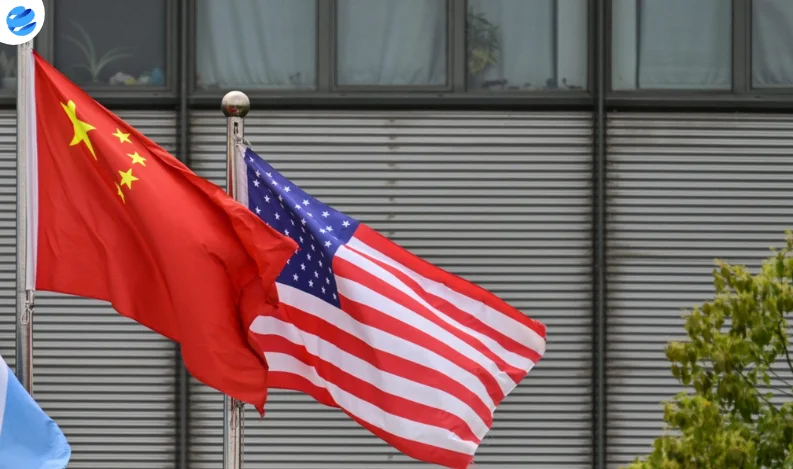BEIJING – As a temporary trade truce holds between the world’s two largest economies, China is growing increasingly concerned over the United States’ latest moves to secure trade agreements across Asia and Europe that could strategically isolate Chinese firms from critical global supply chains.
With a July 9 deadline approaching, the end of a 90-day pause on additional tariffs, Washington is intensifying efforts to form bilateral agreements that would enforce restrictions on Chinese content and curb what it considers unfair trade practices.
President Donald Trump this week announced the first such agreement, a tiered tariff deal with Vietnam, imposing a 20% duty on exports to the U.S. and 40% on goods deemed transshipped from China. The move mirrors tactics used in the U.S.-Mexico-Canada Agreement (USMCA) to prevent third-party content from entering U.S. markets via partner nations.
Rising pressure on Asian and European partners
Negotiations with India, South Korea, Taiwan, and members of the European Union are also underway. U.S. officials are reportedly demanding local content thresholds as high as 60% to qualify for trade benefits. India has pushed back, proposing a lower threshold of 35%, citing practical limitations.
China views these provisions as indirect but deliberate efforts to marginalize its trade footprint. “If any agreement comes at the expense of China’s legitimate interests, we will resolutely counter it,” the Ministry of Commerce said in a statement this week.
Vietnam, Taiwan, and Thailand have begun implementing stricter checks on transshipped goods in hopes of staying aligned with Washington’s expectations. South Korea has similarly launched a customs crackdown. These moves are being interpreted in Beijing as the early signs of regional alignment with the U.S. trade agenda.
Potential for retaliation
China has a track record of responding to adverse trade developments with retaliatory tariffs and import bans. Economic observers warn that the Vietnam agreement, particularly the inclusion of transshipment penalties, could spark a new round of retaliation from Beijing.
Past trade disputes have prompted Chinese authorities to restrict imports of seafood from Japan, lobsters from Australia, and brandy from Europe. Similar actions could follow if the U.S.-led framework expands further.
European crossroads
Europe finds itself in a delicate balancing act. The EU is China’s largest export market for electric vehicles, and Chinese investments in Europe exceeded €10 billion in 2024. But rising tensions and strategic pressure from the U.S. could lead Brussels to adopt stricter trade rules.
The European Commission recently expressed concern over China’s industrial policies and growing influence in sensitive sectors. Beijing, in turn, has warned against Europe aligning too closely with the U.S., especially on export controls, ownership rules, and semiconductor regulations.
Negotiations between the EU and U.S. are reportedly nearing conclusion ahead of the July 9 deadline, with a potential agreement threatening to formalize supply chain exclusion measures that could severely curtail Chinese participation in key Western markets.
A broader shift in global trade
Experts warn that these developments signal more than a bilateral trade spat, they suggest the beginning of a geopolitical restructuring of global trade, centered around "trusted" supply chains that sideline China.
President Xi Jinping, during a visit to Southeast Asia earlier this year, urged regional solidarity against what he called “trade fragmentation.” But with growing alignment between the U.S. and its allies, China may find itself increasingly isolated unless it can secure counter-deals of its own.
“This is about more than tariffs. It’s about global economic realignment,” said Tu Xinquan, dean of the China Institute for WTO Studies. “If countries explicitly align with the U.S. to contain China, Beijing will respond, economically and diplomatically.”
As the July 9 deadline approaches, the world watches closely to see whether the U.S. will finalize new trade rules, and how forcefully China will push back.























